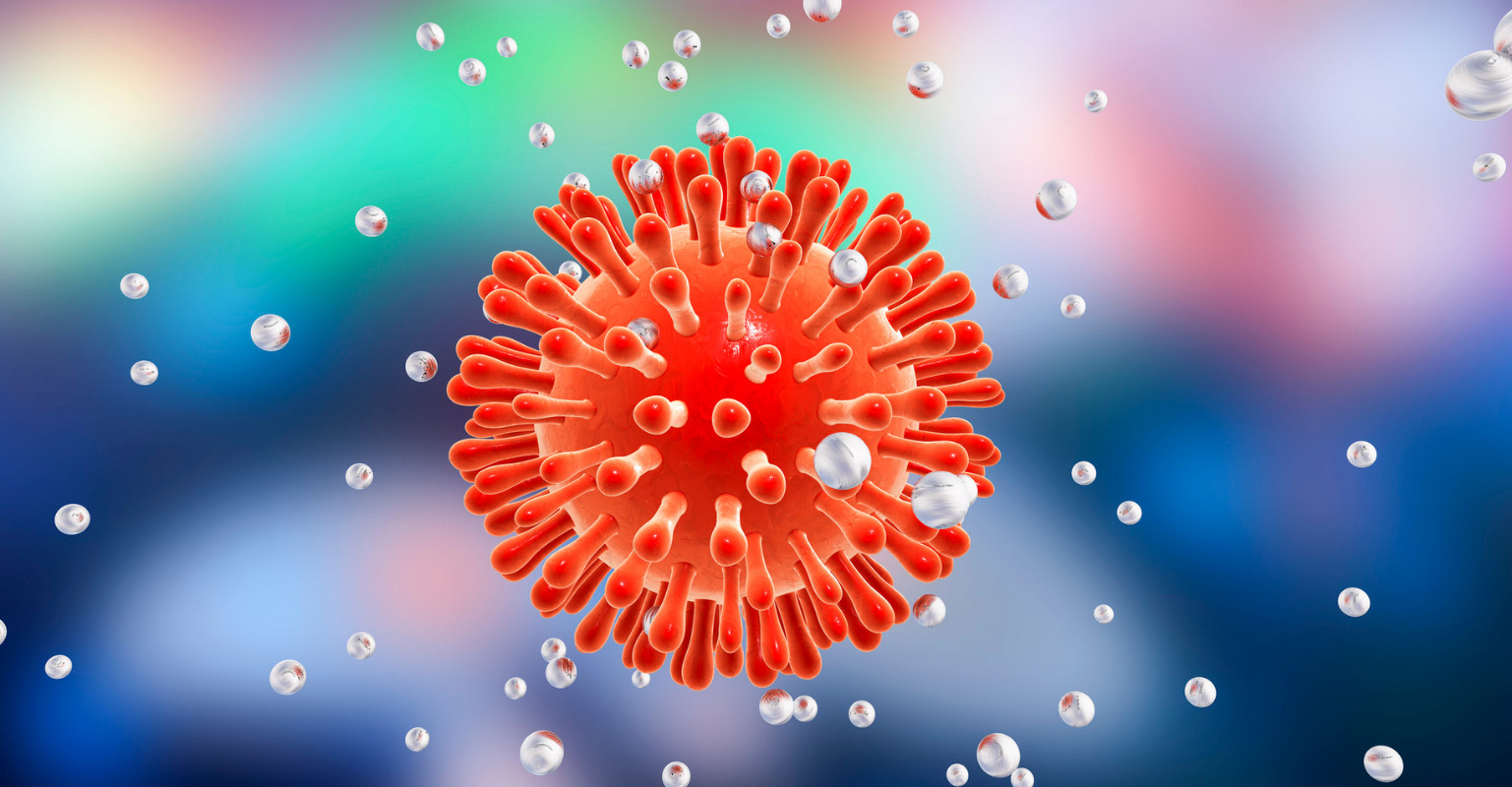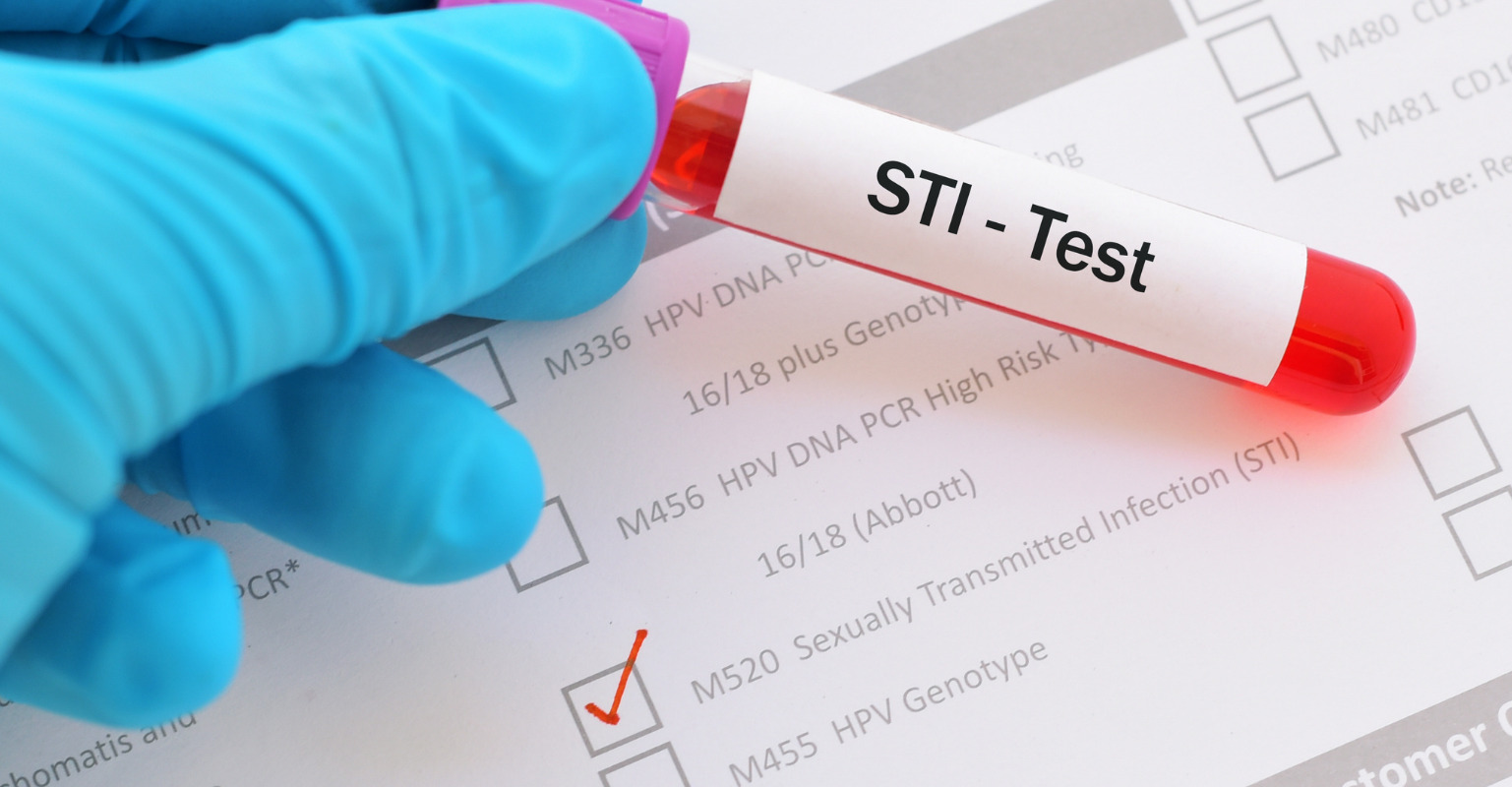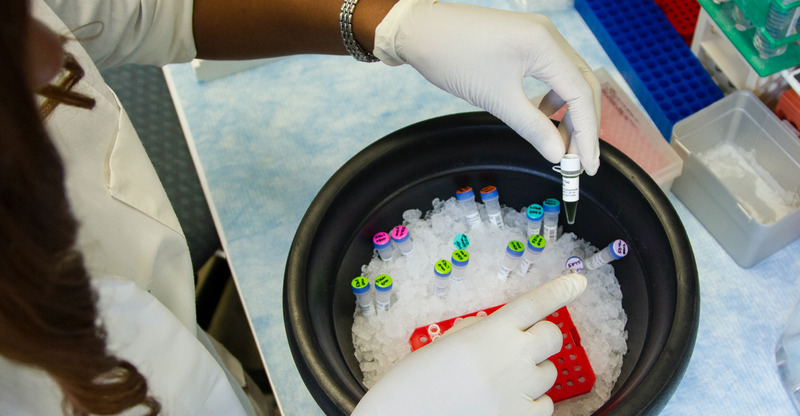STIs and Pregnancy
STIs can be dangerous for anyone, especially pregnant women and their babies. Because they are so prevalent, it’s important to get tested if there is a chance that you may have been infected. At Lifeline, we care deeply about your reproductive and overall health. Therefore, we want to make sure you have all the tools and knowledge necessary to make healthy lifestyle choices. This is why we are adding STI testing to our services. Learn more about what an STI is, how it spreads, and what complications it can cause below.

What are STIs?
STIs (short for Sexually Transmitted Infections) are infections that someone can get through any type of sexual activity. When left untreated, they can cause diseases, thus they are also commonly called “STDs”, which means Sexually Transmitted Diseases. For example, the HIV virus can lead to AIDS, which is a disease.
STIs are transmitted from blood or certain body fluids, and some can even be spread through skin contact. There are many different kinds of STIs, some caused by bacteria, while others come from viruses or parasites. Chlamydia and gonorrhea are two of the most common STIs found in the United States and the ones that Lifeline tests for.
Who is most at risk for getting an STI?
Anyone who is sexually active can be at risk for contracting an STI because STIs are widespread. In Missouri alone, over 44,632 new cases of STIs were reported in 2021.
The CDC warns that although condoms can reduce someone’s risk of getting an STI, they do not eliminate it completely. The only way to stay safe is to abstain from sexual activity or only engage in sexual activity with one lifelong monogamous partner.

Why is it important to get tested?
STIs are very common. According to statistics, 1 in 5 people in the US have one, but many of them don’t know because they don’t have symptoms, at least in the beginning.
When left untreated, though, STIs can cause serious health complications, especially to a pregnant woman and her baby. This is why it’s essential to get tested when planning or suspecting a pregnancy. Lifeline provides no-cost testing and treatment for two of the most common STIs: chlamydia and gonorrhea.

What are the symptoms of an STI?
When someone with an STI experiences symptoms, these can include:
- A change of appearance near the mouth, anus, penis, or vagina (such as bumps, sores, or warts)
- Swelling or redness near the penis or vagina
- Skin rash
- Pain during urination
- A discharge from the penis or the vaginal (with or without an unusual odor)
- Painful sex
- Severe itching near the penis or vagina
- And more
In addition, without treatment, STIs can lead to severe complications such as PID (or pelvic inflammatory disease), infertility, and others.

Can women get an STI during pregnancy?
A woman who is pregnant is not protected against STIs. Therefore, her risk of getting infected is the same as a woman who is not pregnant. But because an infection could threaten both her and her baby’s health, she should take great precautions to stay healthy.

What are the risks for the pregnant woman?
In addition to the symptoms and risks of complications listed above, having an STI while pregnant can result in:
- Labor and delivery complications: such as premature birth (which is defined as labor that starts before 37 weeks of pregnancy)
- The need for a C-section: since certain STIs (chlamydia, gonorrhea, HIV, herpes, hepatitis B) can be passed to the baby during birth, a C-section may help reduce this risk
- Infection of the uterus after birth.

What are the risks for the baby?
The health risks for the baby are even greater and include:
- Stillbirth
- Premature birth and low birth rate (meaning, less than 5 pounds): this increases the risk of death for the baby
- Pneumonia
- Infection in the baby’s blood
- Brain damage
- Blindness
- Acute hepatitis
- Meningitis
- Chronic liver disease
- And more
Can a pregnant woman get treatment for an STI?
Yes, depending on the STI. At Lifeline, we test for chlamydia and gonorrhea, which are two STIs caused by bacteria. If the result comes back positive, our medical staff can discuss treatment options. This service, along with all our other services, is completely confidential and provided to you at no cost.
Any questions? We are here to help. You can contact us by sending us an email at info@lifelinepregnancyhelp.org, giving us a call at (660) 665-5688, or by texting us at (665) 207-5886.
Ready to make an appointment? Click on the button below to check availability.

